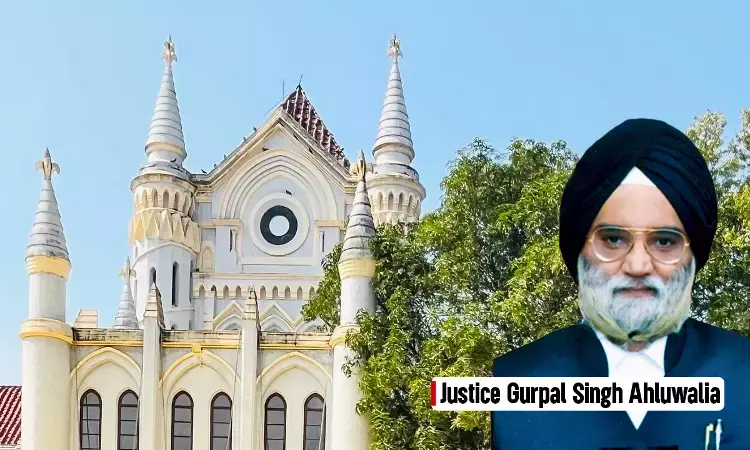In a significant ruling, the High Court of Madhya Pradesh at Jabalpur, presided by Justice Gurpal Singh Ahluwalia, addressed the critical issue of whether an accused can be detained in jail without any progress in their trial. The ruling came in response to the Misc. Criminal Case No. 27895 of 2024 filed by Suma Bhaskaran (Suma Anil) against the Union of India.Suma Bhaskaran was arrested on...

